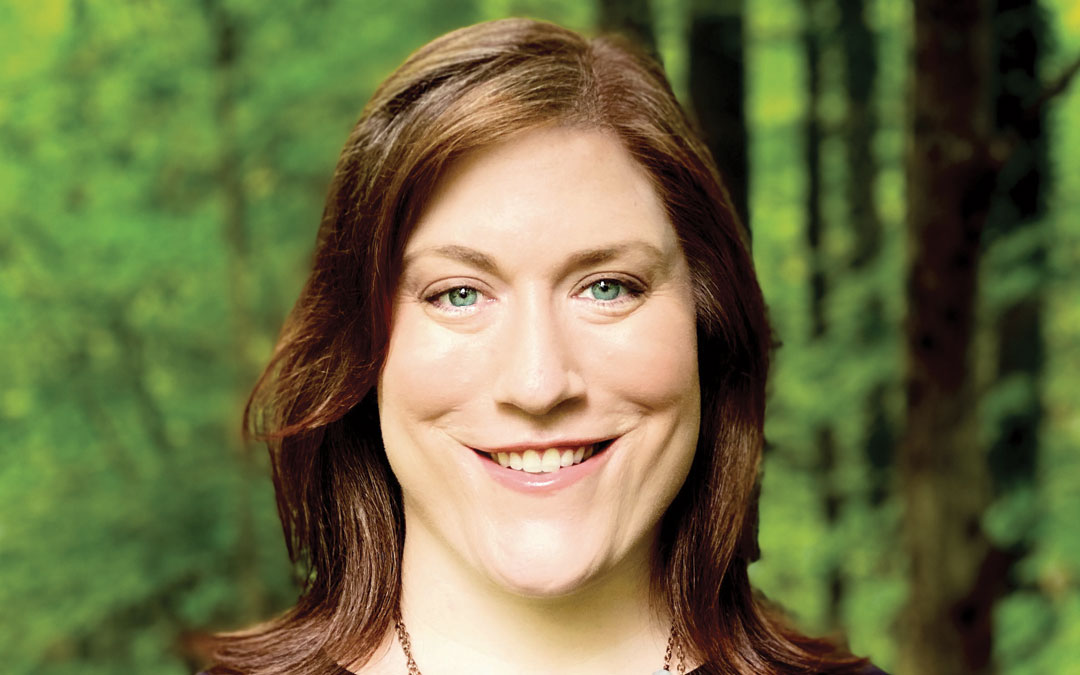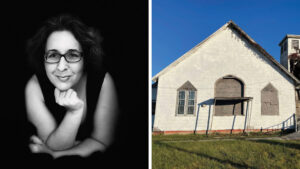Conflict seems to be rampant these days, from heated arguments on reality and daytime TV to clashes over race, law enforcement and more on the news.
To prevent private and public disputes from escalating, one local resource is dedicated to peacefully resolving discord without resorting to the courts system. Over the past decade, the Conflict Resolution Center of Baltimore County has provided a platform for people to find common ground while settling their differences.
Jmore recently spoke with CRCBC Interim Executive Director Marie Schell about the Cockeysville-based center’s approach to guiding people and communities toward peaceful solutions, and how the independent nonprofit has adapted since the start of the COVID-19 pandemic.
Jmore: What services does CRCBC offer?
Schell: We began as two independent programs in Baltimore County, offering community mediation since 2008 and community conferencing since 2005. The programs merged in 2010 to form CRCBC as it operates today, making Baltimore County the only county in Maryland with an organization offering both services at such robust levels.
Combined, we have helped over 10,000 people resolve disputes ranging from simple conflicts to full-scale crimes.
What’s the resolution process?
For community conferencing, we schedule a two-hour session, but it can finish sooner. Mediation will start with a two-hour session, and can be followed by additional sessions as needed. Our services are confidential, voluntary and facilitated by neutrals.
Our staff does not take sides. Everyone who participates is there of their own free will, and anyone can end the process at any time.
How do clients find you?
We receive referrals from government agencies including the Baltimore County Police, Baltimore County Public Schools, the Maryland Department of Juvenile Services, the State’s Attorney for Baltimore County, Baltimore County District Court and the Maryland Home Improvement Commission.
People also find us on the Baltimore County District Court website under mediation, and on the Baltimore County government’s website under Mediation Program. Anyone can make a referral on our website or by calling our office.
Who are your clients?
Our community conferencing program serves youths in first grade through high school. We bring them together with parents, teachers, school administrators, school resource officers and anyone else in their support system following a specific incident (i.e., a school fight, bullying or youth crime).
Our community mediation program facilitates conversations between individuals with interpersonal and contractual disputes. Participants include couples, families, co-parents, neighbors, co-workers, landlords, tenants, homeowners and contractors, to name a few. For family disputes, we invite children age 11 and older to participate.
How many people are on staff?
In addition to five full-time and two part-time employees – with backgrounds in social work, law and conflict resolution — we have 35 volunteer mediators and five board members. We are currently recruiting more board members.
Your programs are free to participants, so where do get your funding?
We are funded by the Mediation and Conflict Resolution Office within the Maryland Judiciary, the Governor’s Office of Crime Prevention, Youth and Victim Services and some private donations. Our grants are tied to program delivery, and we’re currently seeking one to fund a case management system that will help us decrease the administrative burden we’re seeing due to COVID-19.
How have things changed since the pandemic began?
We have seen a 225 percent increase in community mediation cases since COVID-19, with an uptick in cases involving co-parenting plans, neighbor disputes, cyberbullying and co-worker disputes. Our mediation services are fully virtual over Zoom, and we’re pleasantly surprised this hasn’t affected the process. People are just as emotive and willing to speak freely to come up with creative solutions to their conflicts.
Our community conferences are being held outside at the appropriate social distance, and our dialogue circles with students at the Charles H. Hickey School are done virtually.
We’re planning a workshop with the Baltimore County Department of Social Services and foster youth about racism, and we’re partnering with Baltimore County Public Library for workshops about fears of returning to the workplace.
What else would you like people to know about your approach to conflict resolution?
Talking is helpful if done in a structured way. We can help you do that and get on with your life. You don’t have to be stuck.
Once you’ve dealt with a conflict in a way that honors your own values, there’s a ripple effect of destressing everyone around you. Stress and trauma are the seemingly intractable drivers of today’s social issues, and our service results show that our tools can help dismantle a portion of that.
For information, visit crcbaltimorecounty.org or call 443-297-7897.
Caryn R. Sagal is a Baltimore-based public relations consultant and freelance writer.





